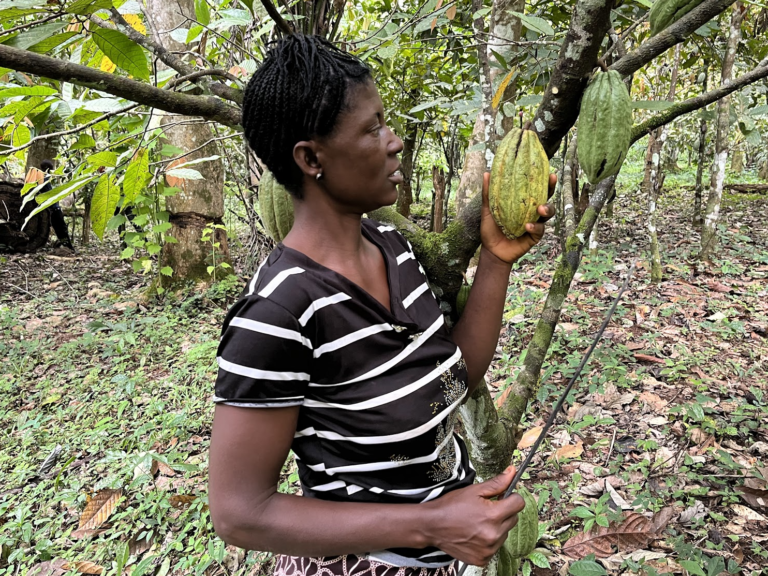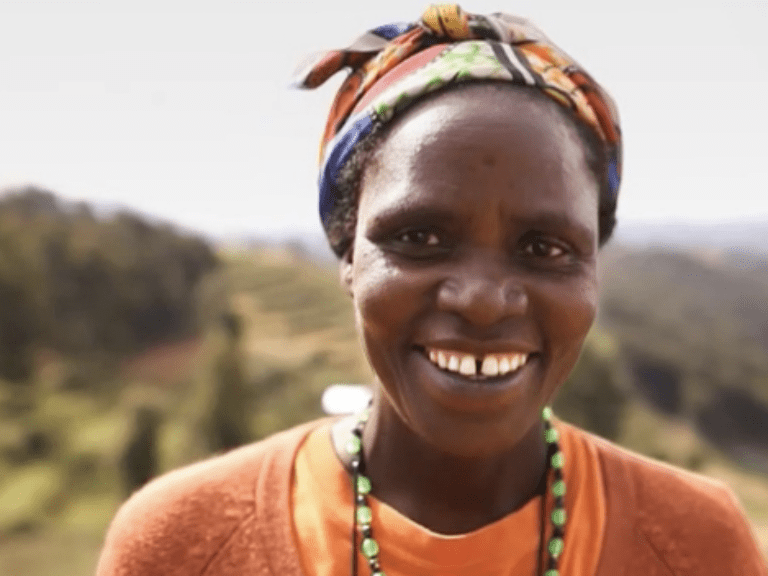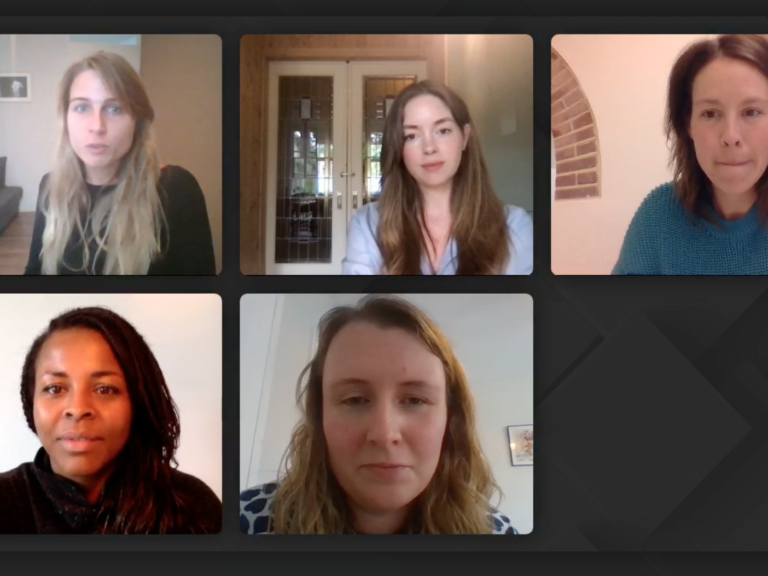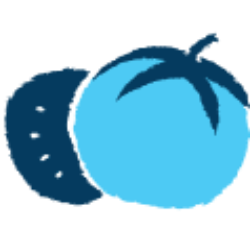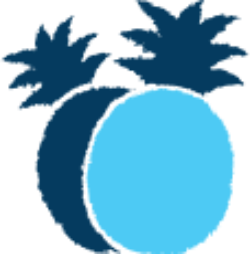Refreshing citrus: How to positively impact pickers’ lives
From being at the core of the fruit industry to the production of by-products’ essentials, citrus is now produced in over 140 different countries, making up for a growing 5.5 billion-dollar industry. As competition within the sector and between other sectors continues to rise, many farmers and labourers truggle with low payment rates and living standards. Fairfood is looking at traceability and transparency to work on a bottom-up solution for these challenges, in one of the top citrus-producing countries, South Africa.
Did you know that…
Million households are estimated to depend on the South African citrus industry for their livelihood
of all citrus produced in South Africa are lemons
Billion is the worth of the citrus industry in South Africa
of South Africa’s citrus are exported to The Netherlands, making it the largest importer
What we did so far
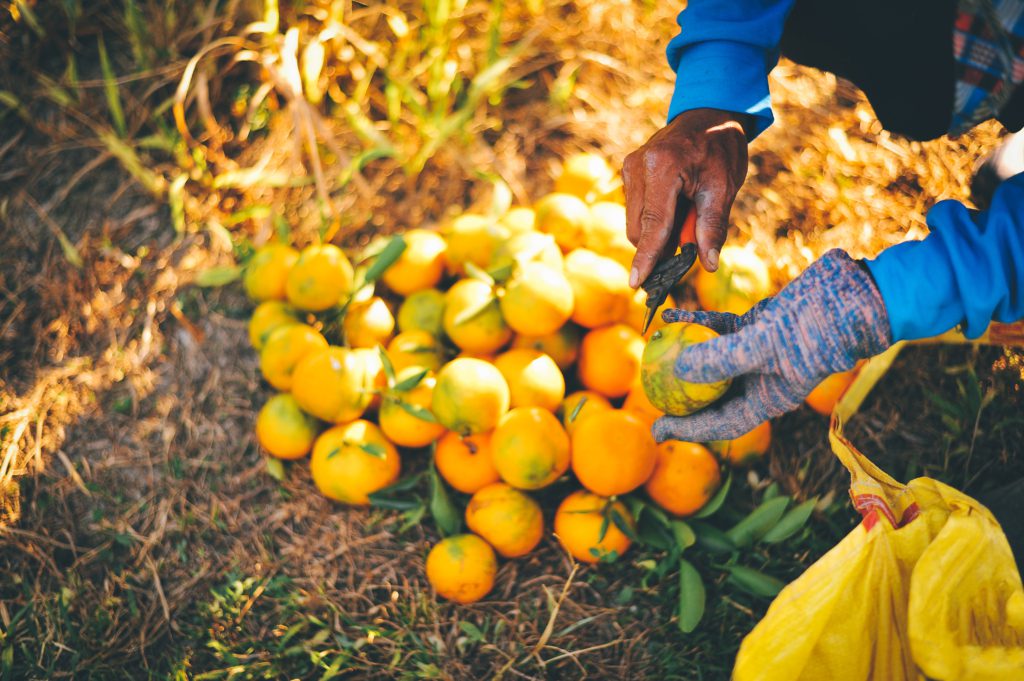
Making a positive impact on farmers’ and pickers’ lives
In partnership with Dole Europe BV, a multinational fresh produce importer, and the local South African cooperatives Sundays Rivers Citrus Company (SRCC) and Sundays River Valley Collaborative (SRVC), Fairfood is working towards a more transparent and sustainable citrus supply chain. We seek to improve the livelihoods of the communities at the base of the lemon supply chain.
By tracing lemons back to the origin, Dole Europe BV is setting a margin distribution strategy where part of their profit goes to community projects that should lift the citrus community up.
Read moreOur partners working towards fair citrus
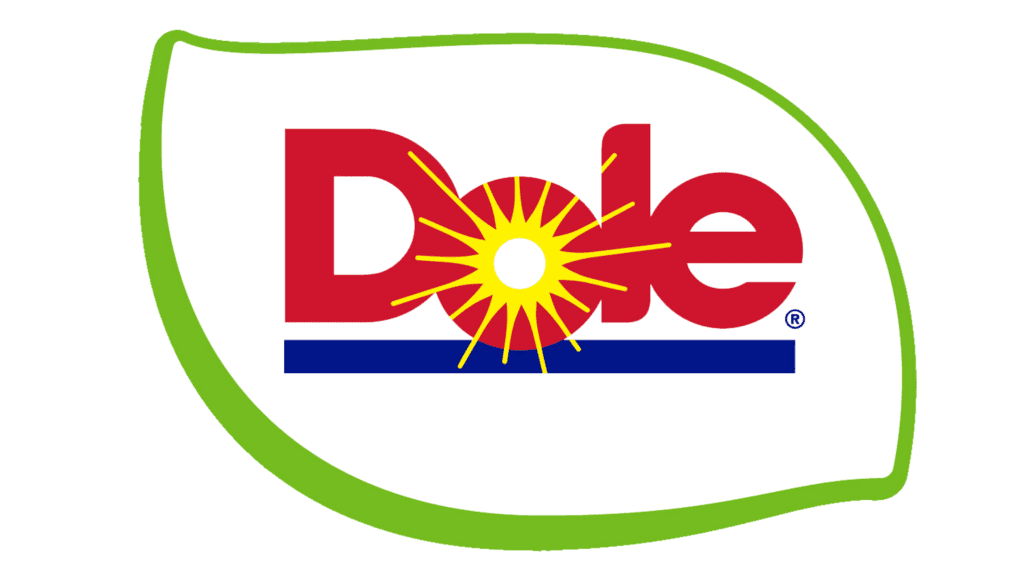
Dole Europe BV
We are working alongside Dole Europe BV, a fresh produce importer, to help transition their lemon supply chain from South Africa towards full traceability. Dole’s sustainability mission is enhanced through our Trace platform, as consumers will be informed on the origin and fair impact of the produce. Through traceability, we support Dole in ensuring transparency and fairness from grower to consumer.
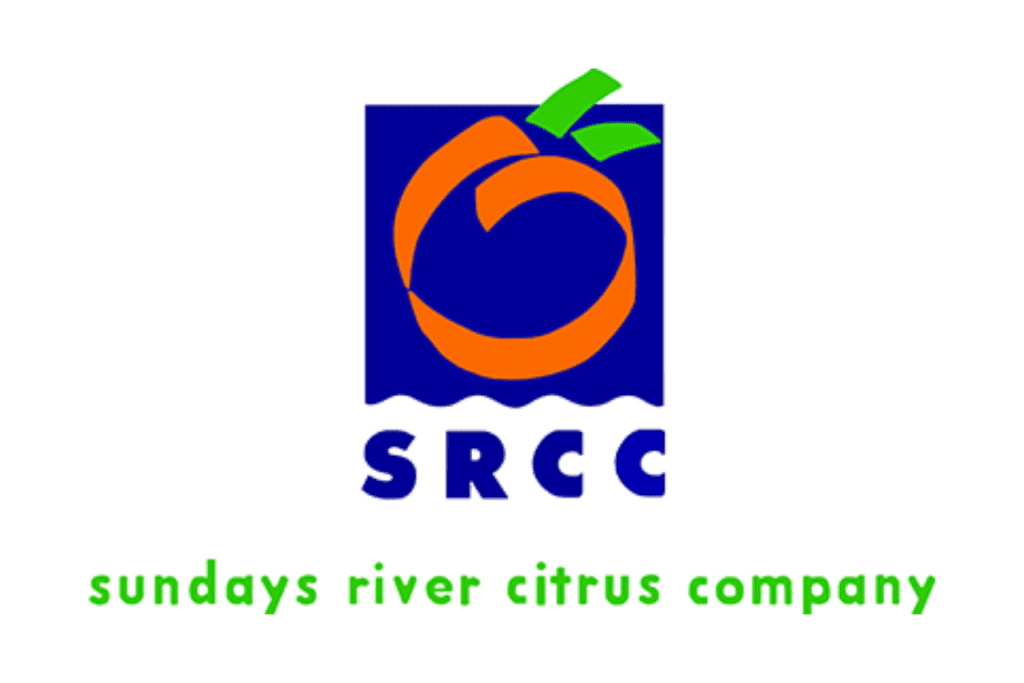
Sundays River Citrus Company
As one of the largest citrus exporters in South Africa, the Sundays River Citrus Company (SRCC) is working with Fairfood and Dole to uphold the traceability and fairness of citrus production in their supply chain. They are dedicated to giving back to the Sundays River Valley, and partnered with SRVC to ensure that the citrus industry contributes to the inclusive and sustainable development of the community.

Sundays River Valley Collaborative
The Sundays River Valley Collaborative (SRVC) is a non-profit organisation dedicated to promoting inclusive socio-economic development for the Sundays River Valley community. The locality is a central hub for citrus production, yet not all stakeholders in the community are receiving the benefits. A major point of action for the SRVC is to re-distribute the benefits of the citrus industry in the community – collaborating with the SRCC to uphold the social fairness and sustainability of local citrus production.
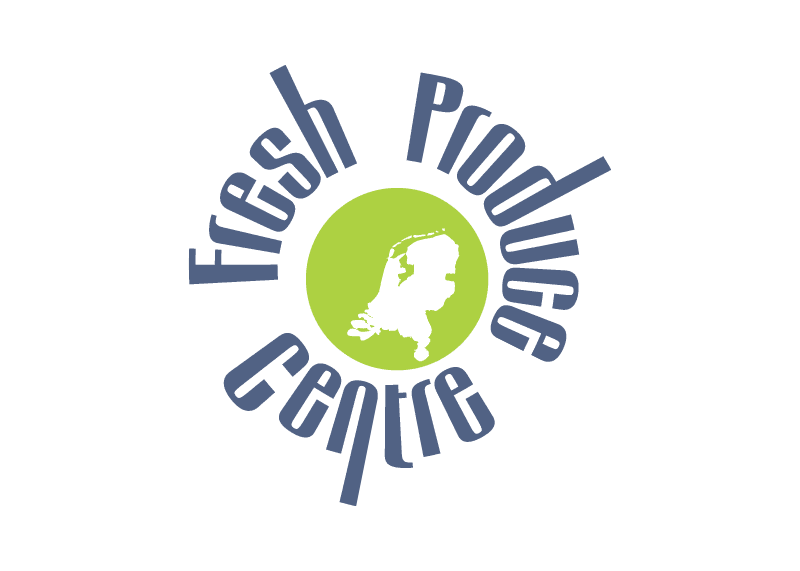
Fresh Produce Centre
Fresh Produce Centre (FPC) represents the interests of businesses involved in the sale and marketing of fruit and vegetables and is a source of knowledge and inspiration. In this project, FPC will analyse and describe the possibilities for extending and upscaling the project results to other supply chains and use its network and showcase the project and lessons learned to the sector at large to scale impact to other products and regions in the future.
“The citrus industry in South Africa shows the challenges present in the market – that would prefer a high yield for a low price – and the hardship for communities with high unemployment, and seasonal labour. Within the project, we try to see how we can understand these social complexities in the chain and with all chain partners provide more value for the communities that are at the core of producing this citrus.”
Also read…
Got questions?
What is a living income? And what about a living wage?
Simply put: earning a living income means that someone earns enough to lead a decent life. With more diction: a living income is the compensation that a self-employed individual receives for a standard working week that enables that farmer and all his/her family to afford a decent living. This means, among other things, that the household can afford basic necessities like: sufficient food and water, a roof over their heads, education, health care, transport and education. After basic necessities, the farmer should also have enough money to save, and build a pension.
It is important though, to make a distinction between “living wages” and “living income”: a living wage applies to people with wages, whereas a living income applies to self-employed workers, such as the farmers behind our coffee. Learn more on this page.
What is traceability? And what does Fairfood want to achieve with it?
If we go by the book, traceability means that one has the ability to verify the history of something – think of: the provenance of a product. As consumers we (naturally) buy products from opaque supply chains – it is simply how the food system is largely operating at the moment. However, every product has their own individual story; we intend to tell that story. These stories extend far beyond the product that we consume. It goes all the way back to the players at the beginning of our food supply chains: the farmers and food workers.
If we can trace back the history of a product, we could identify some deep-rooted issues that the people at the beginning of the chain are facing. Issues like poverty and unfair pricing are real problems that need to be addressed. In bigger letters, we want to use traceability as a starting point to make sure that the people behind our food can earn a living income.
What is transparency? And what does Fairfood want to achieve with it?
With transparency, we deduce a food supply chain that ceases to be opaque; one in which everyone can see where their food is coming from, by who it was harvested, and whether that someone got a fair price for their produce. Then, we proceed to the following question: do those people earn enough money to make a living income or wage?
We want to use the transparency that blockchain enables to help consumers answer that question and pick their food consciously. Is your food brand claiming to be paying a fair price to their farmers? Why not check for yourself. This is what we want to achieve: a food system in which consumers can verify veracity for themselves so that it can benefit those who cannot.
Does Fairfood still organise campaigns?
Fairfood has undergone some changes: we realised that one way to make a direct change in our food system is by helping businesses to implement traceability and transparency in their supply chains. We want to drive sustainable change from the inside. The mission remains the same, however: to use our technology to the benefit of those who are at an obvious disadvantage in a long and complex supply chain. This means that campaigning is no longer our core business. Nonetheless, when needed we will not be afraid to take a stand!
What is a blockchain?
A blockchain is a distributed ledger that allows information to be captured and shared by a community. In this community, each member maintains their own copy of the information and all members must collectively validate each update. This provides a network with a single source of truth to work with. Very similar to a Google sheet, but better. Why? Because with blockchain, data can only be added according to a certain set of rules controlled by the network, and once added, the data can never be altered or deleted.
What is the added value of blockchain?
The ingredients of our food travel thousands of miles until they end up on our plate. The chains are long and complicated and therefore not always equally insightful. Blockchain technology can provide transparency and ensure that captured data can be more customized and remains in the hands of the user. This makes blockchain a fair platform where data can be exchanged, even within competitive value chains. It creates an open food supply chain, from farmer to consumer. Both farmers and consumers will have access to important information.
The farmer will have a view on further processing of his/her product, such as the quality label which is awarded at a later stage. In addition, the nutmeg farmer confirms, for example, that he has received a certain price for a certain quantity and type of quality. The consumer can see exactly where the product comes from, but also whether sustainability and quality promises are being fulfilled. The advantage is that sustainability and quality requirements on the blockchain can be guaranteed.


